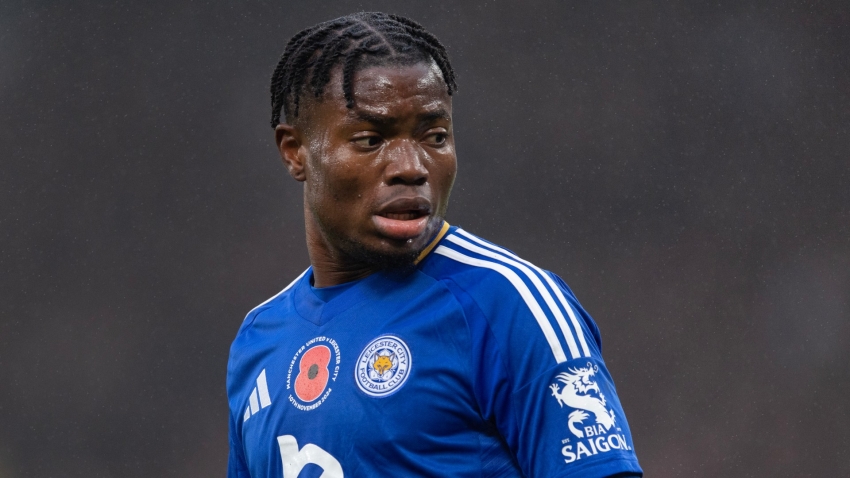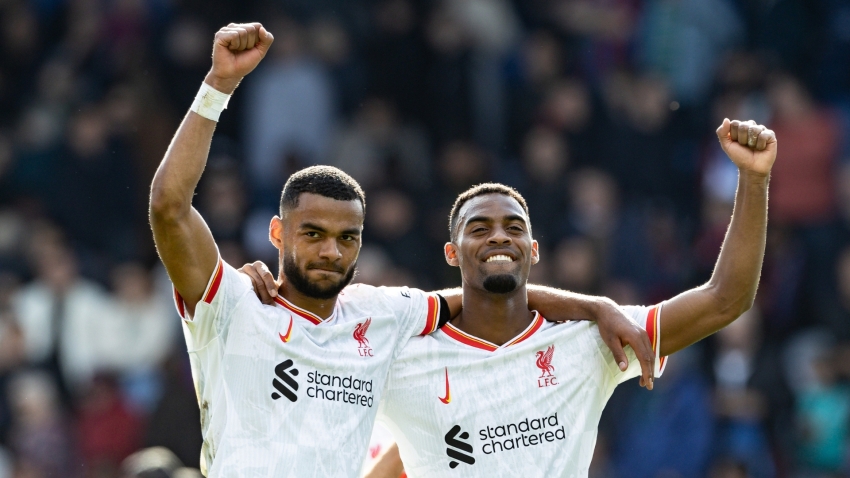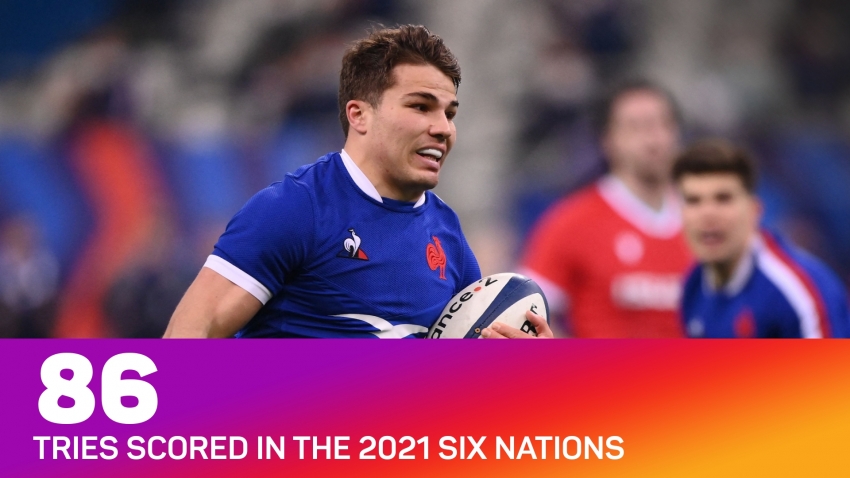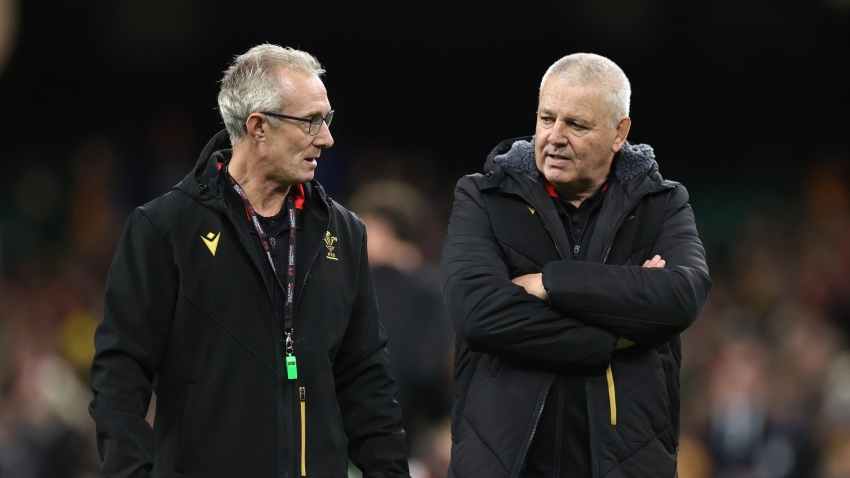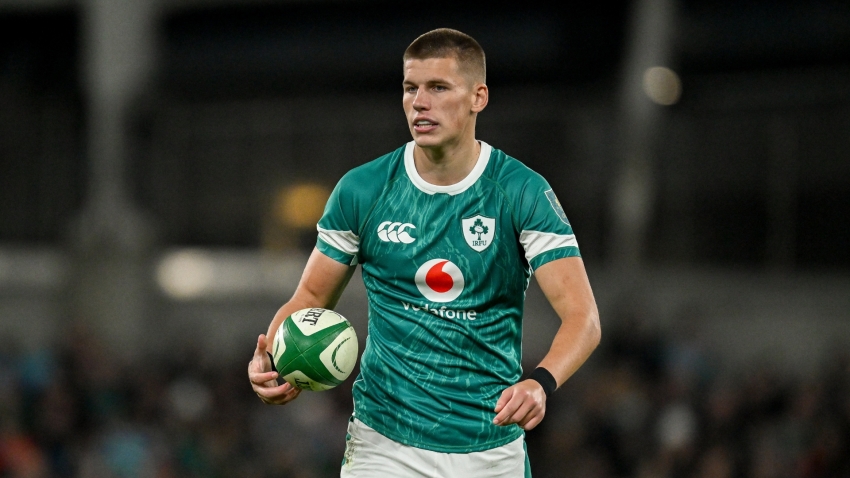The Six Nations is upon us for 2022, as Wales bid to defend their crown.
Wales won in 2021 without completing the Grand Slam, just the second time they have tasted victory without beating all five opponents, as their success came at the expense of France, who were frustrated by Scotland at the last.
Wayne Pivac's men are by no means favourites this time, however. They come into this Championship without Alun Wyn Jones, their captain and a great of the game, while George North leads a glut of star names also absent through injury.
Should Wales triumph, they would match a feat previously achieved only by England, while France are looking to end a long drought of success in the tournament.
Using Opta data, Stats Perform digs into some of the most intriguing facts ahead of the Six Nations.
Wales set England's record in their sights
The past 11 editions of the Six Nations have been won by either England, Ireland or Wales.
England and Wales have won the Championship four times each during that period.
If Wales defend their title successively, they would become the second team, after England, to win the competition seven times since the turn of the century, when it became the Six Nations.
But Pivac has some big names missing – none more so than Jones. Saturday's match against Ireland will be first time since 2006 that Wales have played in the Six Nations without him, while only Sergio Parisse (also 15) has appeared in as many editions of the Championship as Jones.
Can France finally strike gold?
In total, 86 tries were scored in the 2021 edition, the most in a single edition of the tournament. However, despite the free-scoring nature of the games, eight matches were decided by margins of five points or fewer, more than in any other previous Championship.
France were on the wrong end of one such fine margin, as they saw their hopes of winning the tournament for the first time since 2010 dashed in a postponed meeting with Scotland, which was played after the rest of the schedule had been completed.
Les Bleus' 11-year wait to win the Six Nations is the longest such stretch in their history, having joined the tournament in 1947.
France's squad is stacked full of talent, though. After recovering from COVID-19, Antoine Dupont is in line to play against Italy this weekend – only Wales' Louis Rees-Zammit (nine) made more clean breaks than the scrum-half last year (eight), with three other French players in the top 12 by that metric.
Dupont beat a defender on 13 occasions and topped the charts for offloads (nine) and try assists (five), ranking second for kicks in play (41) after Scotland's Finn Russell (47).
Romain Ntamack missed much of last year's tournament due to a jaw injury but is also set to feature.
Time for Scotland to step out of the shadows?
Scotland have never won the Six Nations, but they impressed in 2021. They enjoyed more possession (58 per cent) and territory (55 per cent) than any other side, as well as managing the best tackle success rate (91 per cent), and their tally of 9.8 entries into the opposition 22 per game was also the highest.
Duhan van der Merwe beat 31 defenders, surpassing Brian O'Driscoll's record for the most in a single edition of the Six Nations (30 in 2000) – it was also the first time that a Scotland player has ended a campaign as the outright top try scorer (five tries; excluding years with joint top-scorers).
Van der Merwe also tallied both the most metres carried (482) and the most post-contact metres (208) of any player. Hamish Watson, meanwhile, has now completed 149 tackles in a row in the Six Nations, having not missed one since 2019. Only Lionel Nallet (154) has made more consecutive tackles without missing in the history of the tournament.
England and Ireland out to prove their quality
England have won three of the six editions of the Six Nations since Eddie Jones took charge at the beginning of 2016, with only Bernard Laporte (four) having coached his team to more Championship wins this century.
Jones' team had the best lineout success rate (95 per cent) in the 2021 tournament, losing just three of 58 throws. Luke Cowan-Dickie landed 32 of 32 throws, the most ever by a player in an edition of the tournament not to miss a throw.
Yet that proficiency in the lineout was not enough to propel England to success, as they won only twice to finish a disappointing fifth.
Ireland finished third, on the other hand, despite losing their first two games.
Andy Farrell's team converted 94 per cent of their kicks last year, the best rate of any nation, missing just one penalty goal attempt and one conversion (29 of 31). In fact, it was the best ever success rate by a team to attempt 25 or more kicks at goal in an edition of the tournament, with captain Johnny Sexton the top points scorer (65).
Italy just making up the numbers?
Italy lost all five games again last year, picking up a 16th wooden spoon. They have lost 32 successive Tests in the competition, the longest run in Five/Six Nations history.
The wooden spoon has been theirs in each of the past six years, this after finishing bottom of the Championship just once in the four campaigns before that.










